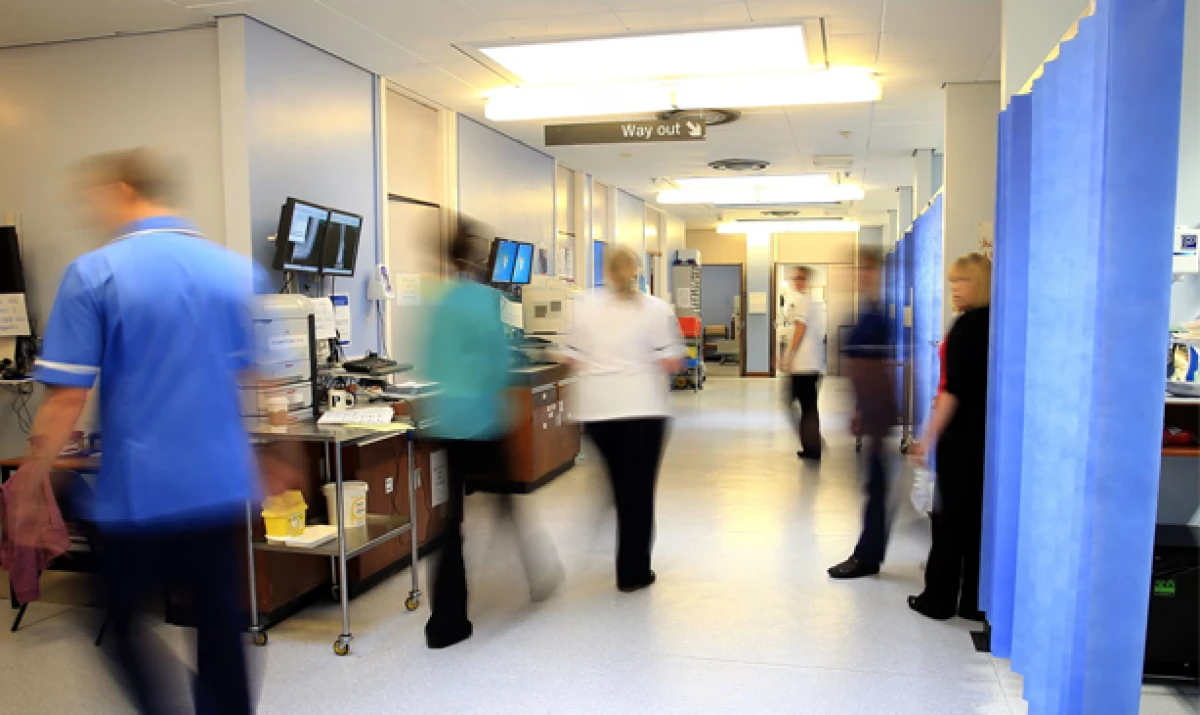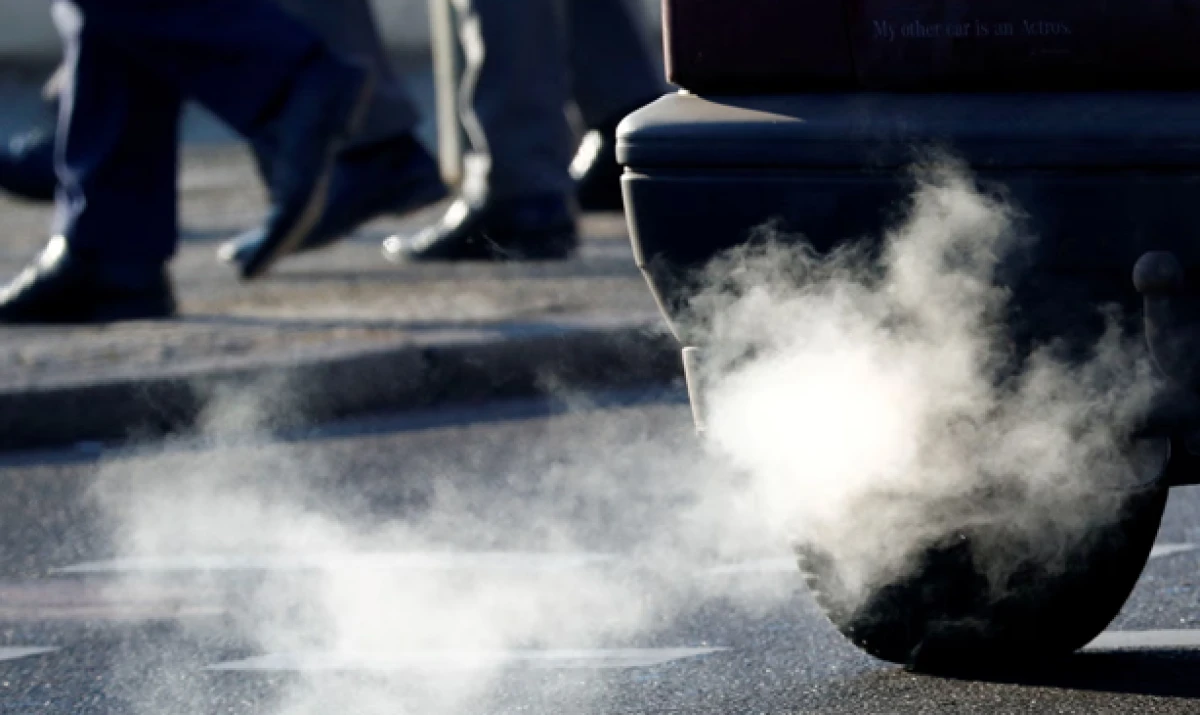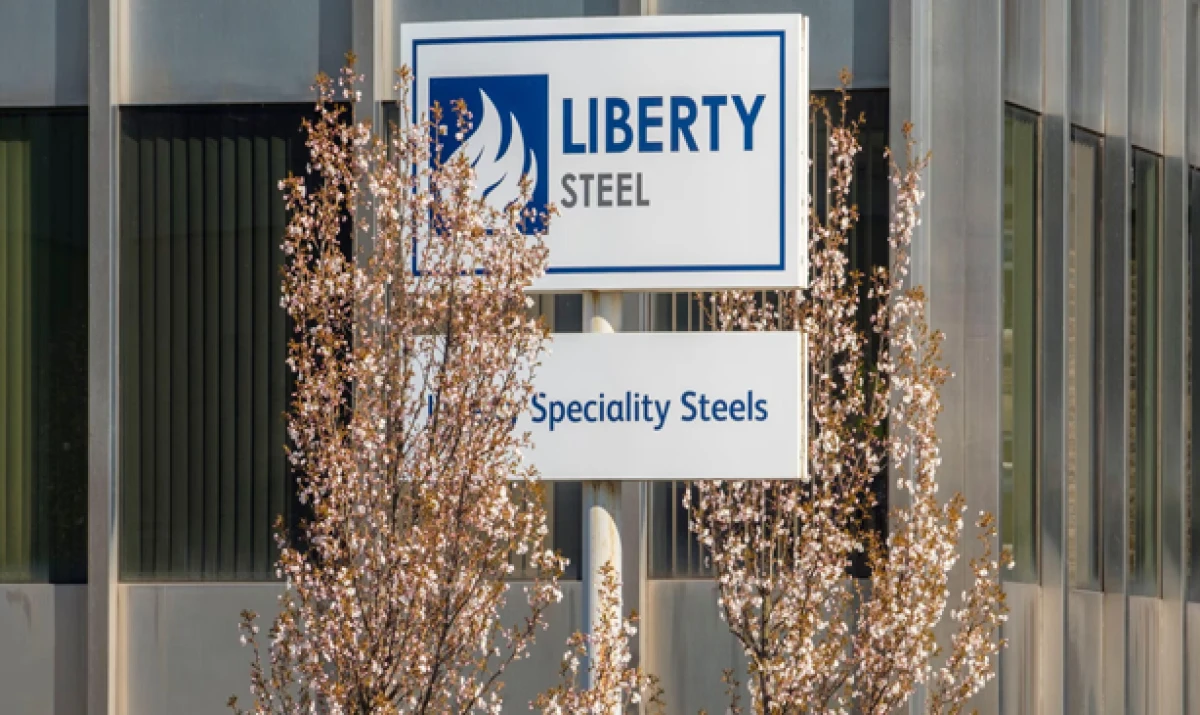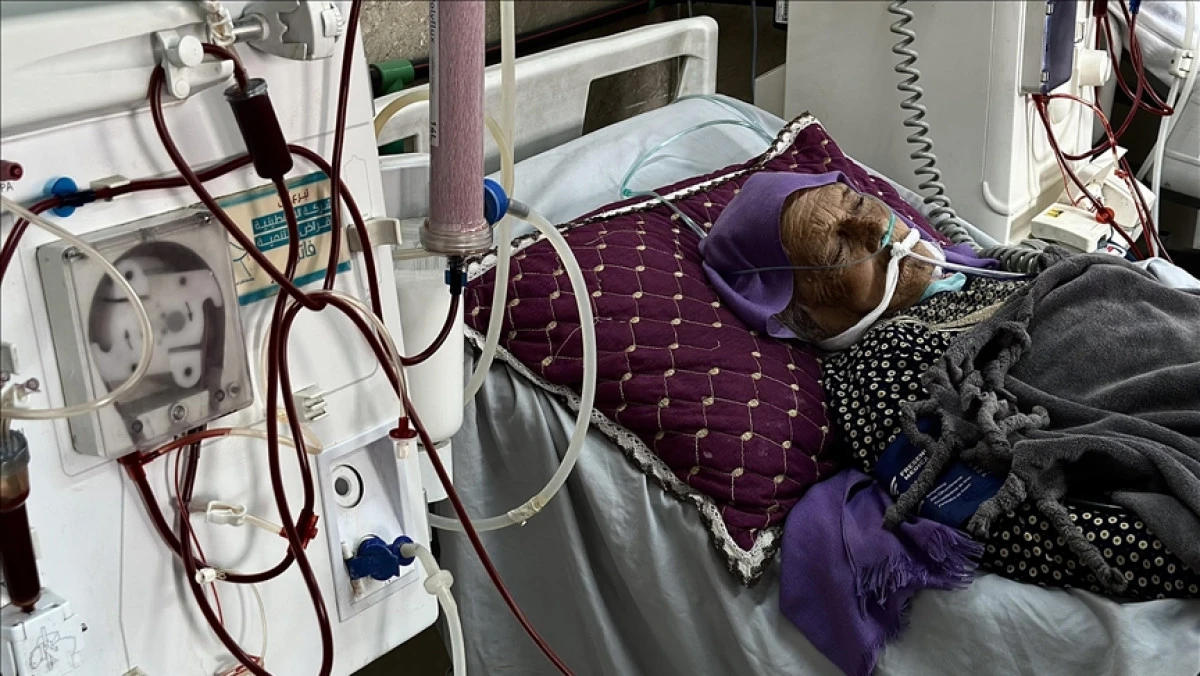Almost a quarter of elective operations in England cancelled at last minute
Almost a quarter of elective operations in England cancelled at last minute
Figures revealed by Lib Dems also show cancellations not rescheduled within required 28 days doubled in nine years
Almost a quarter of elective operations in NHS hospitals in England last year were cancelled at the last minute and took longer than the required 28 days to rearrange, figures show.
They also reveal that the number of cancellations breaching the 28-day standard for a new date has more than doubled within a decade, from 9,000 in 2015-16 to 19,400 in 2024-25.
This figure was also up by 1,500 from the previous year – an increase of 8%.
The NHS trust with the highest number of breaches that had not experienced a recent merger was University Hospitals of Leicester, with 942, followed by Surrey and Sussex healthcare, with 710.
Of the 108 English NHS trusts that reported full data for each year since 2015-16, 73 had a rise in the number of breaches.
Helen Morgan, the Lib Dem health and social care spokesperson, said the figures showed patients were being abandoned.
She said: “Patients are being left in the lurch, forced to wait in pain and distress for potentially life-altering operations. Each of these delays represents an extra month that someone’s misery is prolonged.”
Morgan also accused the Labour government of failing to tackle the impact of Conservative cuts to the NHS.
“This is the devastating legacy of the Conservatives’ neglect of this NHS, but the Labour government is proving aimless in how to turn this around with ill-thought-through reforms and kicking vital projects into the long grass.
“This embrace of dither and delay on building new hospitals or fixing the crisis in social care, so crucial to fixing the underlying problem in the health service, is failing patients. It is time ministers realised this and showed real ambition in ending these unacceptable delays and getting patients the care they deserve.”
Separately, the DHSC announced a rollout of radiotherapy machines in 28 hospitals from August that it said would mean 4,500 cancer patients would get faster treatment.
The new linear accelerator machines, part of a £70m plan to improve cancer care, could lead to a reduction in required rounds of radiotherapy and reach cancers in difficult-to-treat areas such as the chest, abdomen and pelvis.
The DHSC estimates the new machines will save up to 13,000 appointments currently lost to equipment breakdown. It said that by March 2027 the machines will help deliver an extra 27,500 treatments a year.
Prof Pat Price, chair of Radiotherapy UK, said the new machines were welcome but insufficient. “The brutal truth is this will only replace half of the out of date machines in the NHS,” she said. “And still, six in 10 cancer patients are waiting too long for their radiotherapy treatment. Without long-term investment in radiotherapy, this is a sticking plaster on a cancer service in crisis.”
She added: “Massive waits for cancer treatment have become the rotten routine due to a lack of investment in kit and people. Unless ministers back this with the proper long-term investment called for in the spending review and the cancer plan, more patients will be left waiting, and many will die who don’t need to.”
Wes Streeting, the health secretary, said: “By reducing the number of hospital visits required and preventing cancelled appointments, these state-of-the-art radiotherapy machines free up capacity so that thousands more patients are treated on time.
“As a cancer survivor, I know just how important timely treatment is. These machines are part of the investment and modernisation that will cut waiting times for patients, through our plan for change.”
A Department of Health and Social Care (DHSC) spokesperson said: “Years of underinvestment in the NHS has left it with outdated, creaking machinery that breaks down and causes thousands of cancelled appointments.
“That’s why we are announcing £70m investment in new radiotherapy machines, using cutting-edge equipment to save 13,000 cancelled appointments a year, cut waiting times for treatment, and modernise the health service. While there is more to do, our plan for change has put the NHS on the road to recovery.”
NHS England was approached for comment.
Yorumunuz başarıyla alındı, inceleme ardından en kısa sürede yayına alınacaktır.


















